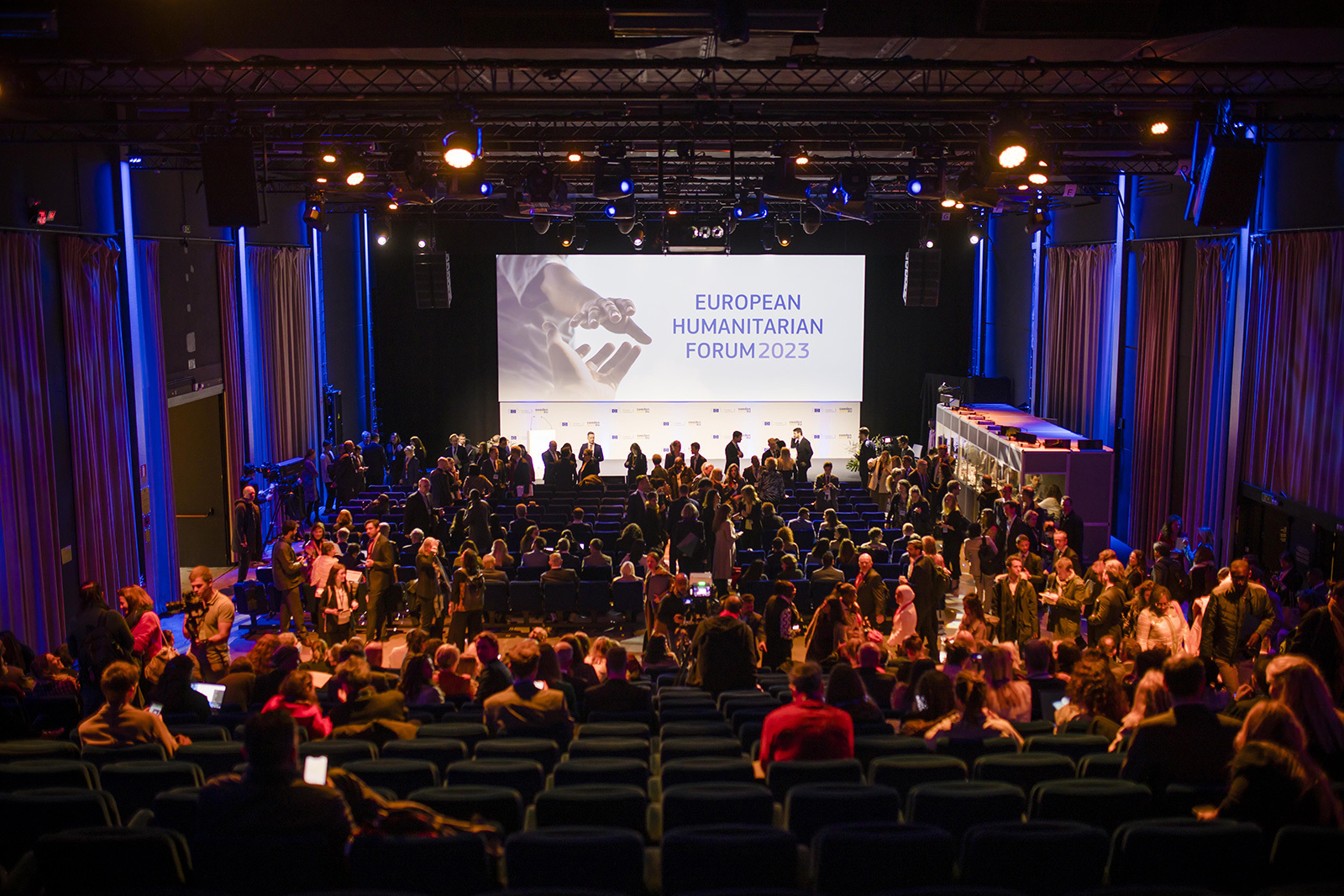Panel sessions
The EHF 2024 panel sessions will consist of moderated discussions among the wider humanitarian- development community, including EU institutions, EU Member States, third countries, partner organisations, local humanitarian actors, UN agencies, the Red Cross/Red Crescent family and academics.
Humanitarian Talks
Humanitarian Talks provide a space for discussion running in parallel with the EHF panels and an opportunity for focused exchange on concrete deliverables as well as on more specific humanitarian issues and crises that will not be addressed in the EHF24 panel sessions.
Humanitarian Talks complement the EHF programme with hands-on discussions, which reinforce the
“concrete delivery” aspect of the Forum. Proposed and led by partners and Member States, they offer an
alternative platform for humanitarian stakeholders to contribute and thematically complement the core
agenda of the event.
The Talks will showcase initiatives and discussions driven by partners, Member States and practitioners.
Recorded Humanitarian Talk, Organised by : Plan International
Hunger and malnutrition are on the rise globally and conflict remains one of the primary drivers. Violations of international humanitarian law (IHL), including damage and destruction of food production and distribution infrastructure and unlawful denial of humanitarian access by conflict parties, armed groups and de facto authorities (AGDAs), contribute to food insecurity. Despite the existing protective international legal framework, including UN Security Council Resolution 2417, studies show that conflict parties’ policies and practices continue to drive food insecurity. These range from attacks on food supplies and food production systems, the obstruction of humanitarian relief, to indirect acts such as taxation, and expropriation of trade. These actions lead to and exacerbate hunger amongst civilians, especially women and girls, including through conflict-induced displacement and disruption of livelihoods. This talk will highlight context-specific examples of conflict-induced hunger, as well as perspectives and reflections from organisations working to improve IHL compliance, challenges to doing so, and successful initiatives to overcome them, including through the political and diplomatic engagement from the EU MS and the EU institutions’ representatives.
Session organised by:
- Diakonia IHL Center
- Geneva Call
- Oxfam Belgium
- Action Contre la Faim (ACF)
- World Food Programme (WFP)
- Insecurity Insight
- Nigeria INGO Forum

